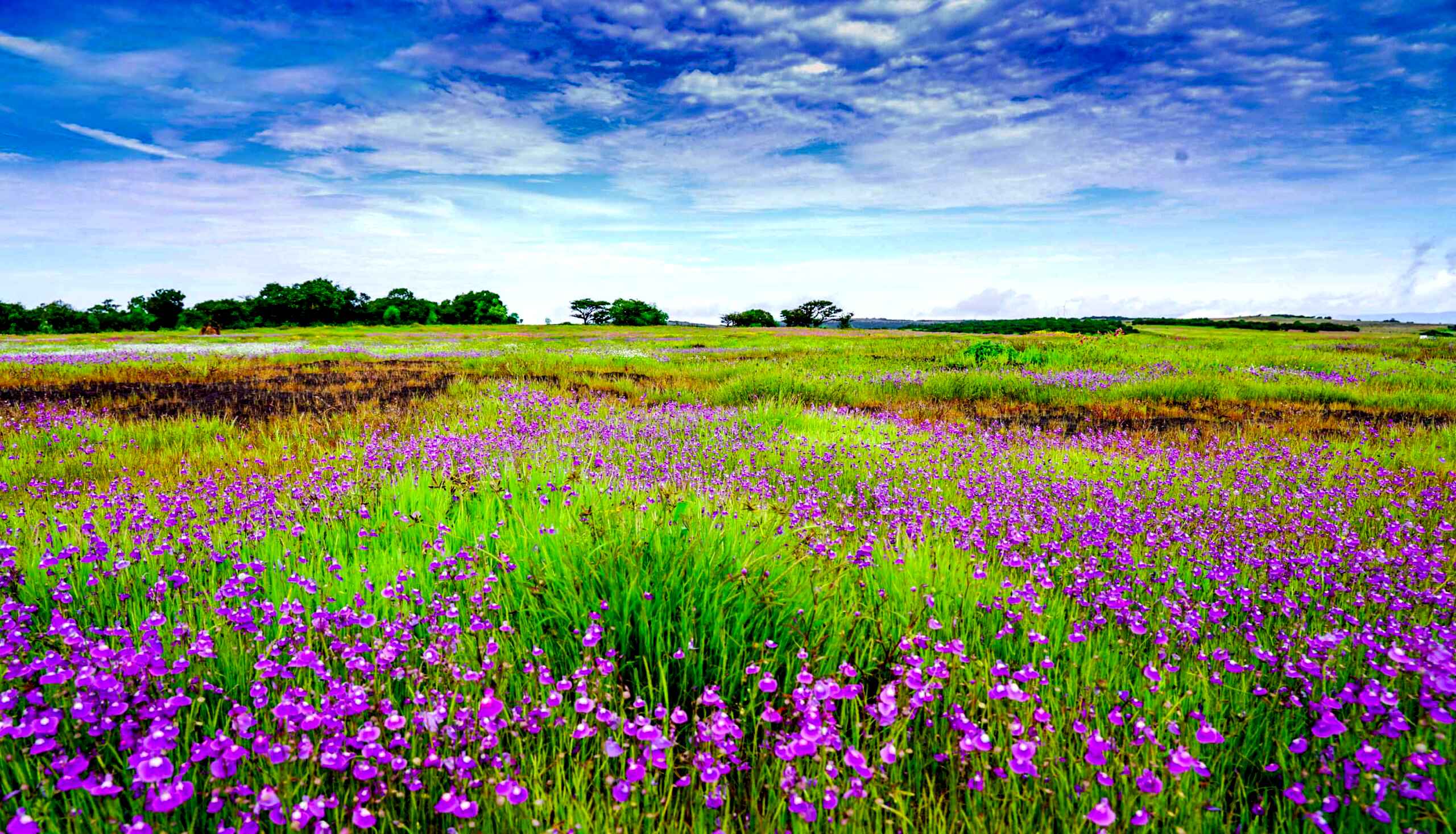Maharashtra's New Tourist Laws
Maharashtra's New Tourist Laws: Comprehensive Guide to the Sweeping Changes
MUMBAI — In what is being called the most comprehensive overhaul of tourism regulations in Maharashtra's history, the state government has unveiled 15 new laws that will dramatically change how visitors experience popular destinations from July 1, 2025. These changes come after two years of research and consultation with environmentalists, business owners, and tourism experts.
The Crisis That Forced Change
The 2024 tourist season revealed alarming statistics that prompted immediate action:
- Plastic pollution increased by 47% at hill stations compared to 2020 levels
- Water shortages in Matheran and Mahabaleshwar during peak months due to overtourism
- 37% increase in accidents at adventure tourism sites with inadequate safety measures
- Ancient monuments at UNESCO World Heritage Sites showing visible damage from overcrowding
- Wildlife disturbances in protected areas like Tadoba and Sahyadri Tiger Reserve
Alibaug: A Microcosm of the Problem
The coastal town saw its worst season in 2024:
- Beach erosion accelerated by 300% due to unregulated construction
- Local groundwater became undrinkable due to sewage contamination
- Traditional fishing communities displaced by illegal beach resorts
- Nighttime noise levels exceeded WHO limits by 15 decibels
"We've lost the Alibaug we knew," lamented 72-year-old fisherman Prakash Waghmare. "The new laws give me hope my grandchildren might see clean beaches again."
The 15 Key Regulations (Full Breakdown)
1. Complete Plastic Ban (Category A Sites)
Scope: All single-use plastics banned within 5km radius of 87 designated "Category A" sites including:
- All hill stations (Matheran, Mahabaleshwar, Lonavala, etc.)
- Beaches (Alibaug, Ganpatipule, Tarkarli)
- Wildlife sanctuaries and national parks
- UNESCO World Heritage Sites
What's banned: Water bottles (<2L), food packaging, cutlery, straws, thermocol decorations, plastic bags
Alternatives: Government-subsidized bamboo/steel bottles, areca leaf plates, cloth bags
Penalty: ₹5,000 (individuals), ₹25,000 (businesses) for first offense. Subsequent offenses may lead to imprisonment up to 1 month.
2. Noise Control Zones
Quiet Hours: 10 PM to 6 AM daily in residential areas near tourist spots
Restrictions:
- No amplified music (including vehicle stereos)
- No DJ events after 10 PM
- Construction work limited to 8 AM-6 PM
- Special "silence trails" in nature areas
Penalty: ₹7,500 per violation with equipment confiscation possible
Tourism Impact: Before vs After Regulations
Projected changes in environmental impact over 5 years with new regulations
Implementation Timeline
Awareness Campaign
State-wide education programs for businesses and tourists
Phase 1 Enforcement
Plastic ban and noise regulations begin at Category A sites
Stakeholder Reactions
Environmental Groups
"This is the strongest action we've seen any Indian state take. The plastic ban alone could prevent 8,000 tons of waste annually."
— Dr. Anjali Deshpande, Green Maharashtra Initiative
Hotel Associations
"While we support sustainability, the 30-day transition is unrealistic. Many small hotels can't afford the required changes so quickly."
— Ramesh Shetty, President, Maharashtra Hotel Owners Federation
Adventure Tour Operators
"The safety regulations are overdue. We've been pushing for standardized equipment checks for years."
— Capt. Arjun Reddy, Western Ghats Trekking Association
Tourist Guide: What You Need to Know
Essential Checklist for Visitors
- Pack smart: Reusable water bottles, cloth bags, portable ashtrays
- Download: Official 'MTourism' app for real-time updates
- Book ahead: Many sites now require online reservations
- Respect zones: Follow marked quiet areas and plastic-free zones
- Carry cash: Some remote vendors may not accept digital payments yet
Frequently Asked Questions
A special tourism task force of 2,000 officers will monitor compliance, supported by local police. Major sites will have checkpoints for plastic inspections.
Medical necessities are exempt. Hospitals and clinics near tourist areas can apply for special permits.
The Road Ahead
The government has announced these future plans:
- 2026: Expansion to religious tourism sites
- 2027: Implementation of tourist carrying capacity limits
- 2028: Complete digitization of all tourism services

No comments